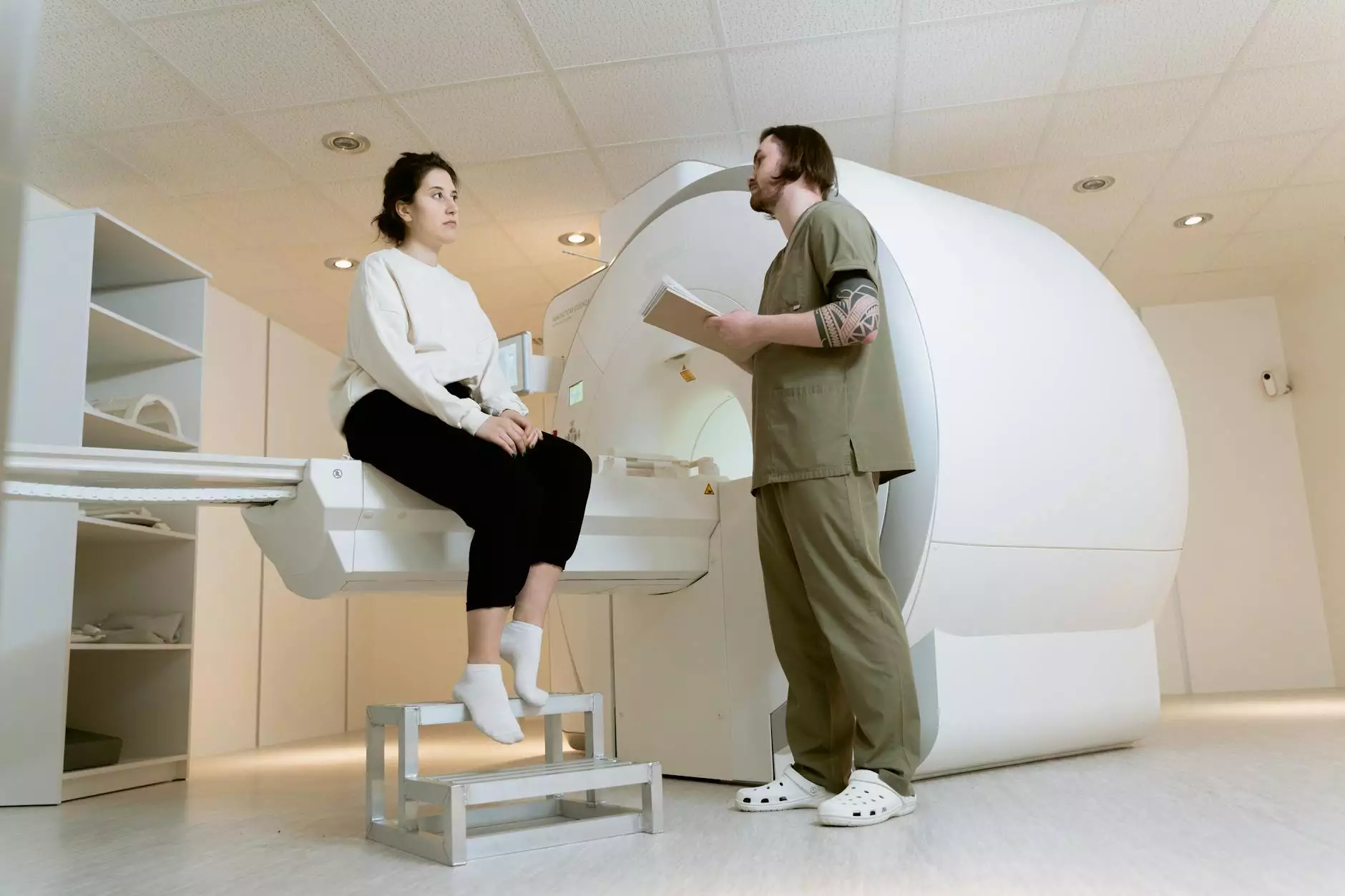Lung Cancer Screening: A Comprehensive Guide to Early Detection and Treatment

Lung cancer remains one of the leading causes of cancer-related deaths worldwide. Early detection through lung cancer screening can play a vital role in significantly increasing survival rates. This article aims to provide a detailed overview of lung cancer screening, including its importance, methods, eligibility, and benefits, particularly for the demographic served by Hello Physio in the realm of Health & Medical services.
Understanding Lung Cancer
Lung cancer is primarily categorized into two main types: non-small cell lung cancer (NSCLC) and small cell lung cancer (SCLC). NSCLC is the most prevalent type, accounting for about 85% of cases. The development of lung cancer often occurs over several years, making early detection through screening paramount for effective treatment.
Why Lung Cancer Screening is Crucial
The significance of lung cancer screening cannot be overstated. Here's why:
- Early Detection: Lung cancer screenings can detect cancer at an early stage when treatment options are more effective.
- Reducing Mortality Rates: Studies indicate that regular screenings can reduce lung cancer deaths by 20% to 25% in high-risk populations.
- Informed Decision Making: Screening provides crucial information that helps patients and healthcare providers make educated decisions regarding treatment options.
Who is Eligible for Lung Cancer Screening?
Eligibility for lung cancer screening typically includes:
- Individuals aged between 50 and 80 years.
- Those with a smoking history of at least 20 pack-years (a pack-year is defined as smoking one pack of cigarettes per day for one year).
- Current smokers or those who have quit within the past 15 years.
Consulting with a healthcare provider, such as those at Hello Physio, can help determine personal eligibility based on individual health profiles.
Methods of Lung Cancer Screening
The most common method used for lung cancer screening is:
- Low-Dose Computed Tomography (LDCT): This imaging technique is crucial for early detection. It performs a detailed examination of the lungs while exposing patients to lower radiation levels than standard CT scans.
LDCT is highly effective at identifying small nodules or potential tumors at a stage when they are still treatable.
Benefits of Lung Cancer Screening
The advantages of undergoing lung cancer screening are manifold:
- Peace of Mind: Knowing one’s lung health can alleviate anxiety and provide reassurance.
- Access to Early Treatment: Early detection often means more effective treatment options.
- Integration with Other Health Services: Organizations like Hello Physio can provide comprehensive care by linking screening results with rehabilitation or physical therapy if surgery is required.
What to Expect During a Lung Cancer Screening
The screening process typically involves:
- Consultation: A meeting with a healthcare provider to discuss personal risk factors and the screening procedure.
- Imaging: Undergoing an LDCT scan, which usually takes less than 15 minutes.
- Follow-Up: Receiving results promptly and discussing next steps or further tests if necessary.
Lung Cancer Screening Guidelines and Recommendations
Healthcare authorities, such as the U.S. Preventive Services Task Force (USPSTF), recommend annual screenings for high-risk individuals. Guidelines are subject to updates based on ongoing research. Always refer to a qualified healthcare professional for personalized advice.
Potential Risks Involved with Lung Cancer Screening
While the benefits of lung cancer screening are substantial, it is essential to be aware of potential risks:
- False Positives: Screenings can sometimes suggest cancer where there is none, leading to unnecessary anxiety and additional testing.
- False Negatives: Occasionally, the test may miss a present tumor.
- Radiation Exposure: Although low-dose, there is still some level of radiation exposure associated with CT scans.
Combining Lung Cancer Screening with Holistic Care
At Hello Physio, we champion a holistic approach to health. While lung cancer screening is vital, integrating it with comprehensive care enables patients to address aspects such as:
- Physical Therapy: Essential for recovery and rehabilitation post-diagnosis or surgery.
- Nutrition: A healthy diet can support immune function and overall health.
- Mental Health Support: Psychological counseling can assist patients in coping with the challenges that accompany a cancer diagnosis.
Conclusion: The Path Forward with Lung Cancer Screening
In conclusion, lung cancer screening is an indispensable tool in the fight against lung cancer. It provides early detection opportunities that can lead to timely and more effective interventions. By understanding the screening process, its benefits, and integrating it into broader health management strategies, individuals can take proactive steps to protect their health.
For those considering screening, or looking to understand more about lung cancer and integrated health services, we encourage reaching out to Hello Physio. Together, we can navigate the journey toward optimal health and wellbeing.
Contact Hello Physio for Lung Cancer Screening and Support
To access dedicated healthcare professionals that can assist with lung cancer screening and other health needs, visit Hello Physio today.









